Close arrow_back
- menu title
-
Custom Menu
add remove
-
Navigation
add remove
-
menu title
add remove
-
menu title
add remove
-
menu title
add remove
-
menu title
add remove
-
menu title
add remove
- menu title
-
Custom Menu
add remove
- Navigation add remove
-
menu title
add remove
-
menu title
add remove
-
menu title
add remove
-
menu title
add remove
-
menu title
add remove
International Medical Guide for Ships
International Medical Guide for Ships (3rd Edition)
The third edition of the (ILO/IMO/WHO) International Medical Guide for Ships shows designated
first-aid providers how to diagnose, treat, and prevent the health problems of seafarers on board ship.
This edition contains fully updated recommendations aimed to promote and protect the health of
seafarers, and is consistent with the latest revisions of both the WHO Model List of Essential Medicines
and the International Health Regulations. The International Labour Organization’s Maritime Labour
Convention 2006 stipulates that all ships shall carry a medicine chest, medical equipment and a
medical guide.
The third edition of the (ILO/IMO/WHO) International Medical Guide for Ships shows designated
first-aid providers how to diagnose, treat, and prevent the health problems of seafarers on board ship.
This edition contains fully updated recommendations aimed to promote and protect the health of
seafarers, and is consistent with the latest revisions of both the WHO Model List of Essential Medicines
and the International Health Regulations. The International Labour Organization’s Maritime Labour
Convention 2006 stipulates that all ships shall carry a medicine chest, medical equipment and a
medical guide.
Podobne z kategorii
Availability: Out of stock
This Guide has been developed to consolidate existing IMO maritime
security-related material into an easily read companion guide to SOLAS
chapter XI-2 and the ISPS Code in order to assist States in promoting
maritime security through development in the requisite legal framework,
associated administrative practices, procedures and technical and human
resources.
It is intended both to assist SOLAS Contracting Governments in the
implementation, verification, compliance with, and enforcement of, the
provisions of SOLAS chapter XI-2 and the ISPS Code. It should also serve
as an aid and reference for those engaged in delivering capacity-
building activities in the field of maritime security.
This second edition of the Guide incorporates guidance approved by the
Maritime Safety Committee on the development of maritime security
legislation as well as maritime cyber risk management, and includes
updated sources for further information to support the implementation of
the ISPS Code.
Availability: Out of stock
Port State control inspections contribute to ensuring that global
maritime standards are being implemented consistently on all ships. This
publication provides guidance for port State control officers on the
conduct of inspections to support harmonization in the way inspections
are carried out worldwide.
This edition includes amendments to the *Guidelines for investigations
and inspections carried out under MARPOL Annex II* (appendix 4), the
*Guidelines for control of operational requirements* (appendix 7) and
the *Guidelines for port State control under MARPOL Annex VI* (appendix
18).


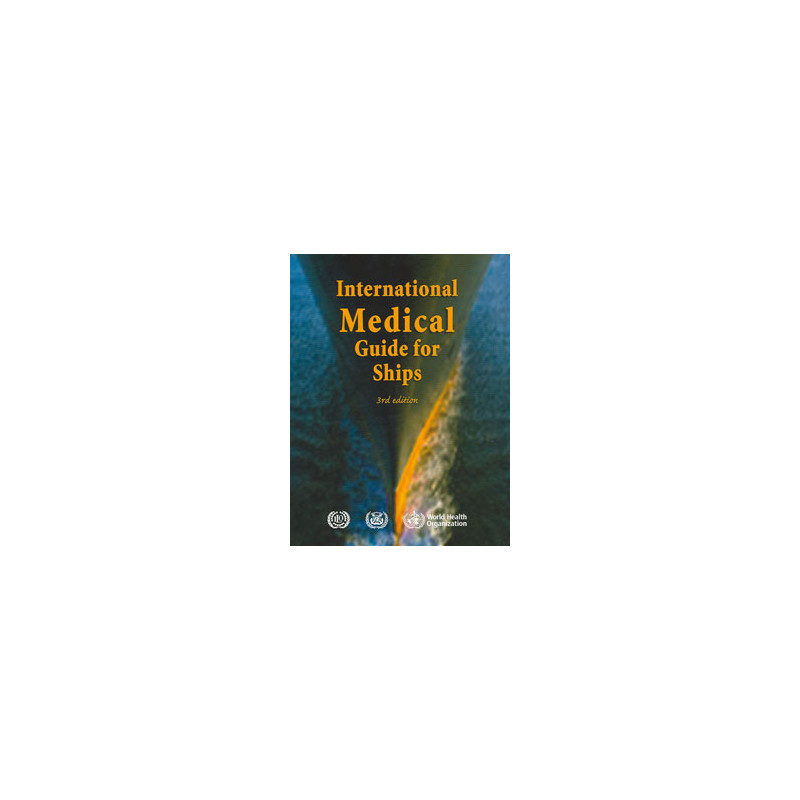

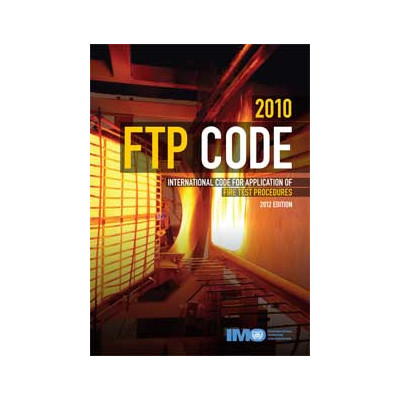
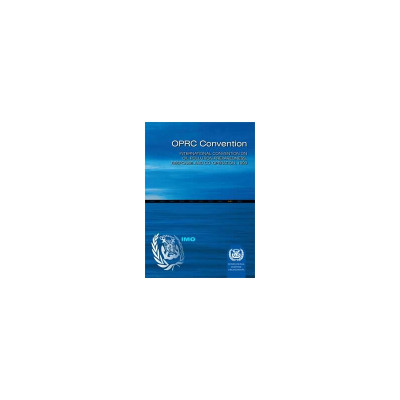
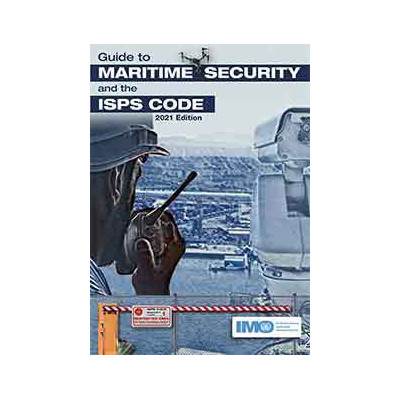
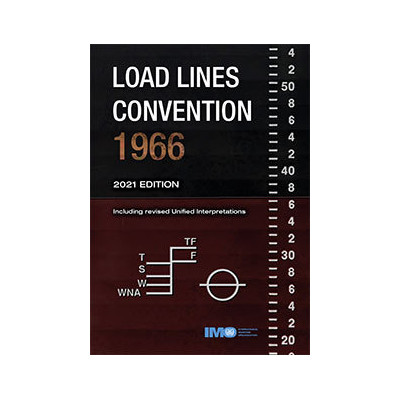
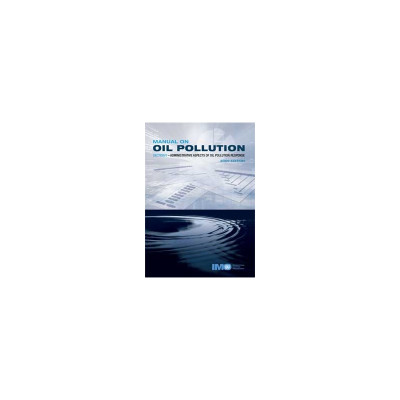
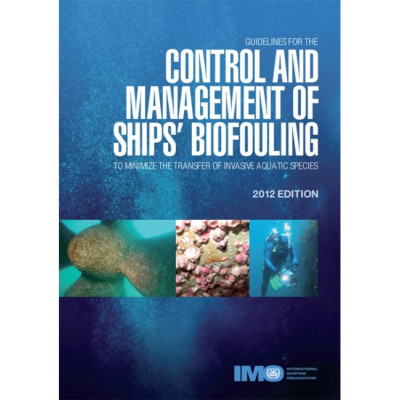
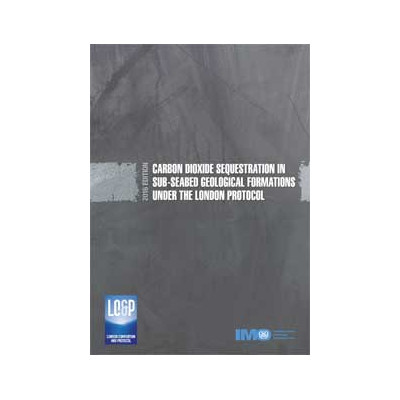
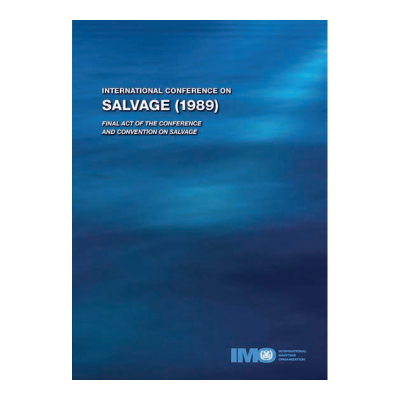
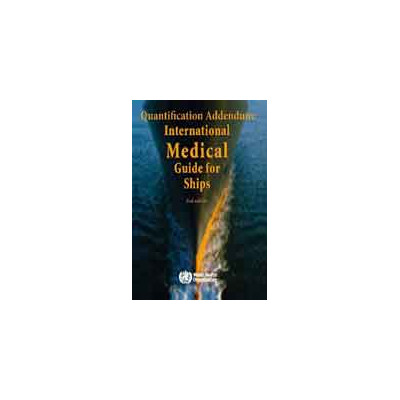
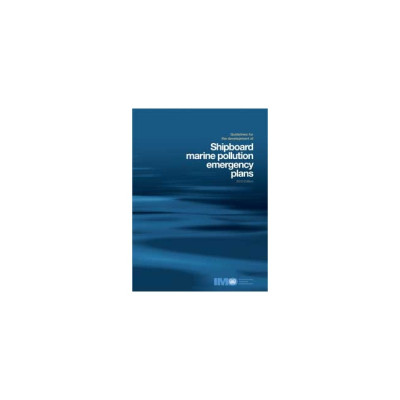
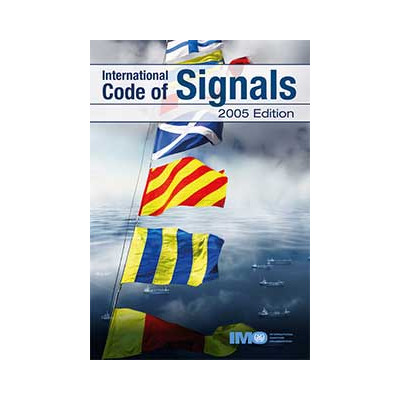
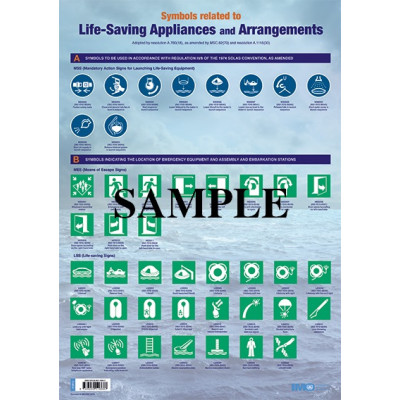
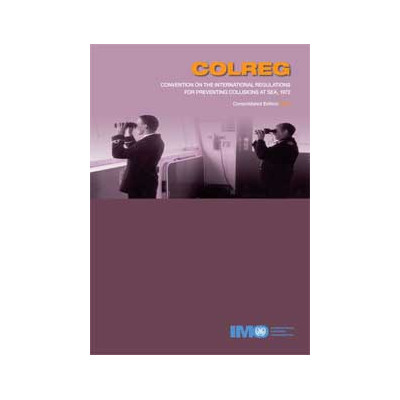

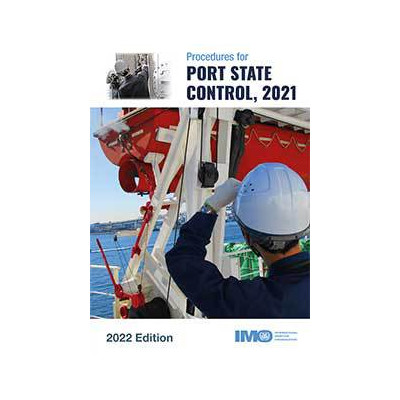
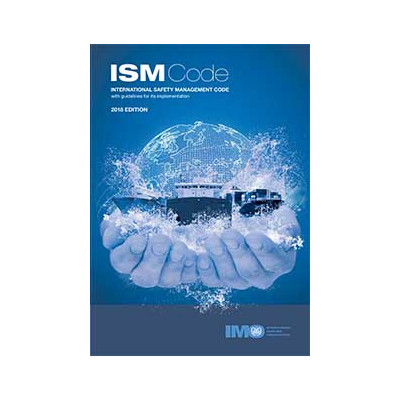
 Cookies
Cookies